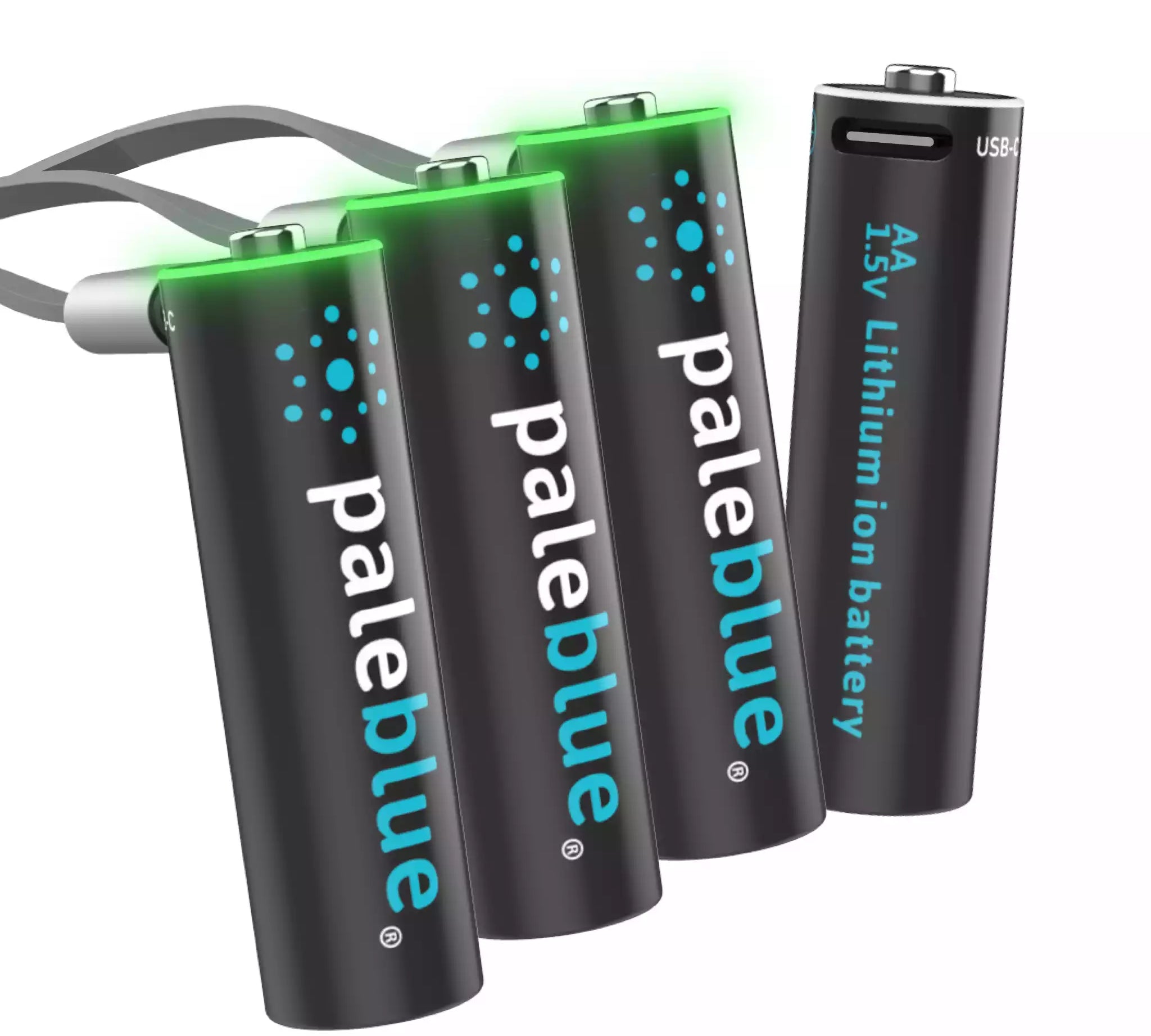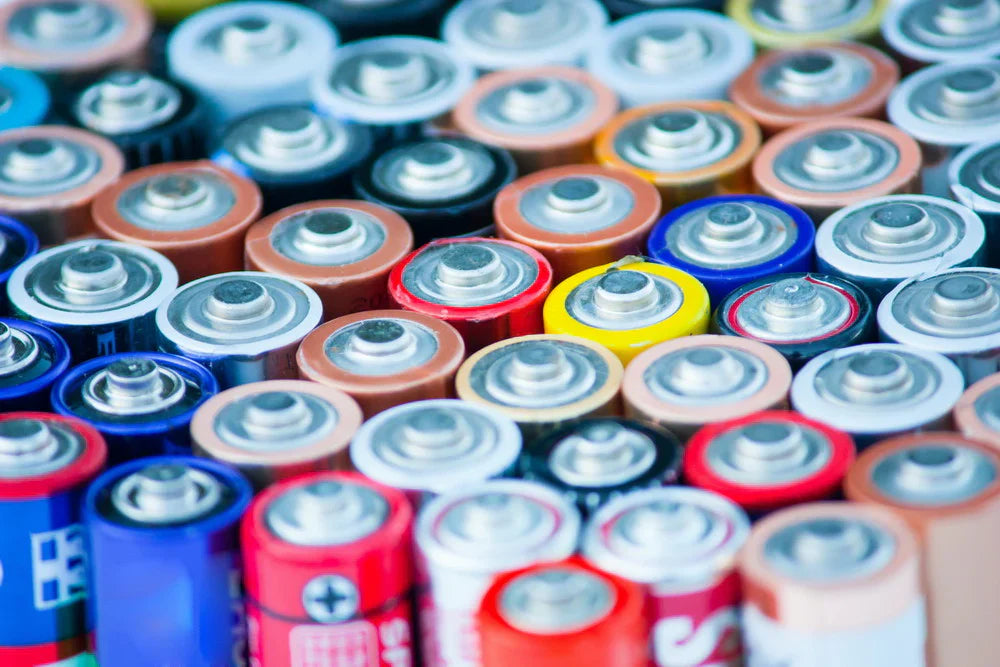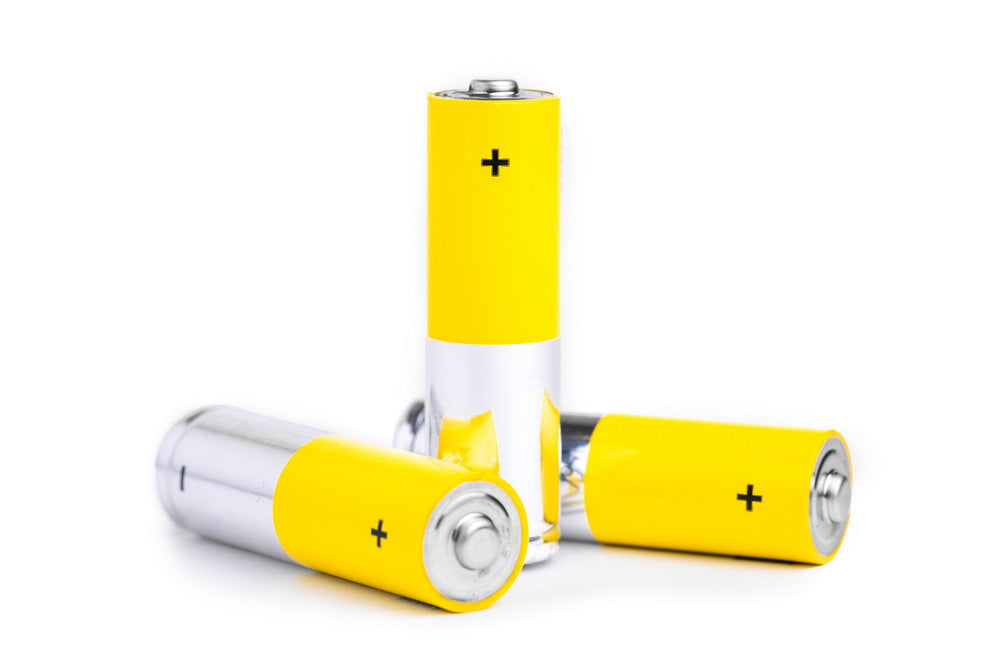Do You Know the Battery Recycling Laws in Your State?

Battery recycling in the United States is regulated by both federal and state authorities. Federal laws are comparatively minimal, which has led multiple states to come up with their own regulations. Our question for you is this: do you know the battery recycling laws in your state?
The Call2Recycle website offers a state-by-state analysis of battery recycling laws free of charge. Just click on your state and the appropriate laws will show up in a separate column on the right side. Where the laws are too numerous to list in the sidebar, there is a link you can click to learn more.
Three Types of States
To make things simpler, Call2Recycle divides the states into three categories:
- Those without any battery recycling requirements.
- Those with better recycling requirements on the books.
- Those that require manufacturers to offer or fund recycling programs.
At the current time, there are only eight states that fall under the third category. They include New York, Florida, and Michigan. In Florida, NiCad and small sealed lead batteries cannot be mixed with municipal waste. That means you cannot throw them in the trash. Battery producers are required to direct consumers to collection centers where those batteries can be recycled.
Meanwhile, Texas is one of nearly two dozen states where certain types of batteries must be recycled by law. However, their requirements are limited to lead-acid and motor vehicle batteries. All such batteries must be recycled. They cannot be disposed of as municipal waste.
Plenty of Room for Improvement
You could go through the rules and regulations in each state and discover both subtle differences and similarities. There are drastic differences in some cases. But the bottom line is this: there is still plenty of room for improvement at both the state and federal levels.
Disparity between state and federal laws is baked into our system. It is one of the ways our country seeks to prevent totalitarian rule. By dividing jurisdictions among Washington and the states, we prevent the federal government from arbitrarily putting its thumb on the states.
This is good in a general sense. But one of the downsides of our system is that it allows states to do things differently. It would be nice if every state had battery recycling laws on the books. It would be even better if all state laws were identical. But they aren't. So, we do the best we can.
Recycle Your Batteries Anyway
There are currently just as many states without recycling laws as there are with. Hopefully that changes at some point down the road. In the meantime, we would encourage you to recycle your batteries anyway. Even if your state doesn't require it, there is nothing stopping you from taking your old batteries to a collection center.
Rechargeable lithium-ion batteries are especially attractive to recyclers because of the high demand for their materials. As you know, lithium-ion batteries are becoming ever more common in a variety of products the market. So, the more recycled materials we can recover, the stronger that recycling supply chain and market will be.
On a final note, disposable batteries can be recycled as well. It may be legal to throw them in the trash; it may be legal for them to be disposed of as municipal waste. But just because throwing them away is legal does not make it the best option.
Do you know the battery recycling laws in your state? If not, we would encourage you to educate yourself. And regardless of what your state says, make a practice of recycling your batteries anyway.







